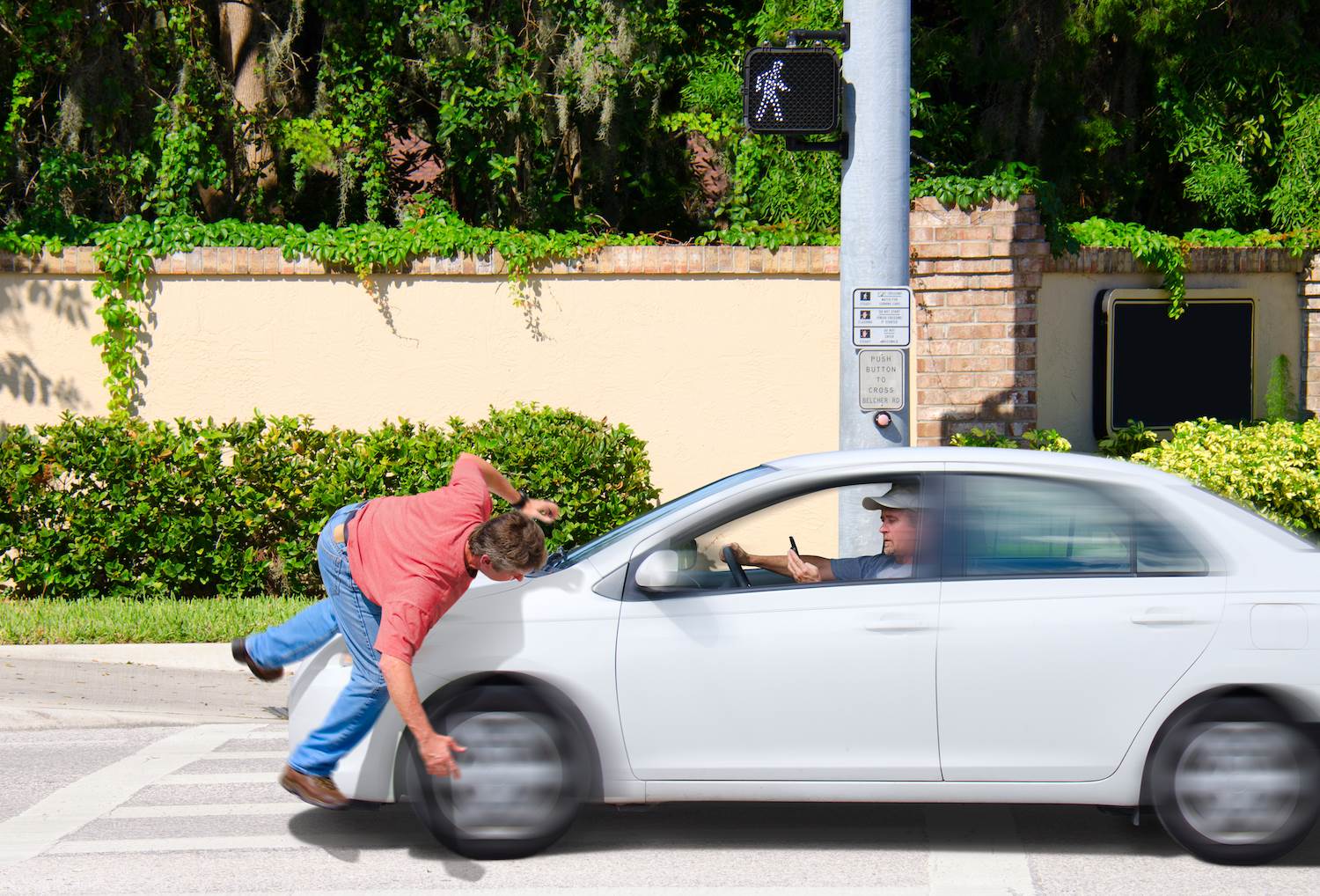Sometimes when it down flows, it flows. This declaration is especially true for people, companies, large and businesses, families, and the like, experiencing bankruptcy. Luckily, all hope is not lost. You have two options but it is common practice when experiencing bankruptcy. It is processing section 7 or section 13 case. However, you must meet one of the requirements before bankruptcy.
Every financial challenge is unique in its own right. This goes to say that, people face bankruptcy as a result of different financial mishaps which warrant a different approach in the name of a feasible solution. Chapter 7 cases are shorter and liquidate all assets almost immediately. However, most individuals that file a Chapter 7 bankruptcy do so knowing they will not have to liquidate/give up any of their personal or real property.
Chapter 13 cases cannot be filed by just anyone. For instance, if you do not have a regular source of income, you cannot file this case. You need a regular source of income in order to file a chapter 13 case since, the court has to be sure of your ability to make prearranged payments. The other condition is that, you must prove your ability to cover the daily living expenses and still have enough disposable income in order to file a chapter 13 case. It is important to note that, there are certain limits that your secured and unsecured debts must fall within for you to be eligible to file a chapter 13 case. It is, somewhat, difficult to quote these limits, since they are reviewed periodically. However, with a competent bankruptcy attorney, you will be given the exact details regarding the matter.
Moving on to the chapter 7 cases which are notably shorter, they also have eligibility rules. The qualifications of filing a chapter 7 are mainly centered on the income of the petitioner. This means that, the court will have to evaluate your income before deciding on whether you qualify to file a chapter 7 case or not. You must, for instance, prove that the amount of money you make is lower than the median income that applies to your area of residence or pass the means test. If you want to delay the foreclosure, then filing a chapter 7 would be a great idea. A successful chapter 7 can also help you retain your car in the event of bankruptcy. It is also important to note that, after filing the chapter 7 case, you can qualify for FHA financing within two years. This means that your credit history is not completely tarnished.
The best way to decide on the bankruptcy case that is best for your situation is by getting professional legal advice. Sometimes filing either of the bankruptcy cases might result in loss of some property but in the long run, it becomes the most practical way of getting you out of a financial crisis. This is to say that, bankruptcy cases are only there to help you get back on track financially so seek legal advice from a competent attorney before deciding on any bankruptcy case.



